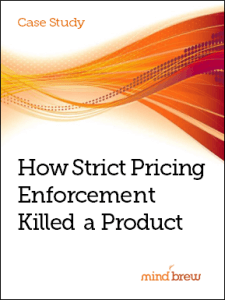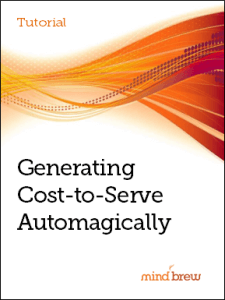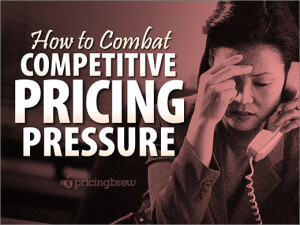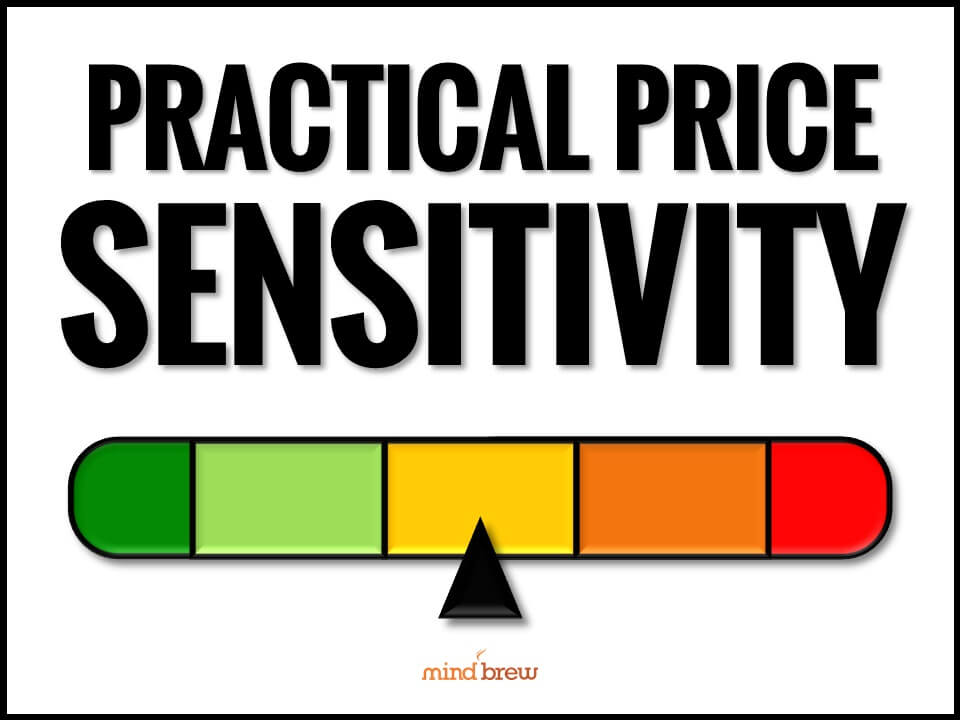In recent years, procurement teams have become much more aggressive about negotiating down prices. And because many salespeople are not very well prepared to deal with the tactics of mature purchasing organizations, buyers are often very successful in getting suppliers to reduce their prices.
In an interview with Rafe Vandenberg, Chris Provines, president and CEO of Value Vantage Partners and author of Selling to Procurement: 7 Secrets to Decoding Procurement for Smarter B2B Selling and Negotiating, shared five reasons why pricing teams should be wary of procurement professionals.
1. Procurement has more training than your sales team. Purchasing professionals often go through a couple of weeks of negotiating training. By comparison, the typical salesperson may have been to a one-day seminar, if he or she has any negotiating training at all. Provines says, “On average, the typical salesperson and sales team is pretty ill-equipped to actually take on purchasing.”
2. Procurement has more experience than your sales team. A really active B2B salesperson might negotiate five deals in a week, whereas active buyers might be negotiating 50 deals a week. With all that practice, they get really good at obtaining favorable terms.
3. Procurement has a quota to fill. Many purchases are under mandates to reduce expenses, typically by 5 percent per year. And they may also be measured on how much they are able to get sales teams to lower their original bid. Just like sales teams, their jobs depend on whether or not they make their numbers.
4. Procurement plays games. Buyers know a lot of tactics for getting sales to bring down their prices. They might ask low-ball vendors to bid on an RFP—even though they have no intention of switching from their current vendor. They’re just looking for low bids that they can use to help their negotiating position with the incumbent. Another favorite tactic is to wait until the deal is almost done and then stop talking to the salesperson until right before the end of the month or quarter. They know the salesperson will be eager to get the deal done before the measurement period ends and will be more likely to reduce prices.
5. Procurement professionals are smart and savvy. In decades past, people who couldn’t cut it in other departments often ended up in purchasing, but that’s not the case anymore. Many buyers have MBAs, and there is plenty of competition for top talent.
So should pricing practitioners just throw in the towel when procurement becomes involved in the sales process? Should they just resign themselves to getting lower margins when dealing with purchasing groups?
Definitely not! Provines says, “If you’re prepared for [dealing with procurement] and you’re smart about it, it actually opens up a lot of options.” In some cases, B2B firms have been able to help purchasers reduce costs while actually increasing their own margins.
To hear his tips on dealing with professional buyers, listen to the interview, “Being Fearless When Facing Procurement.”














